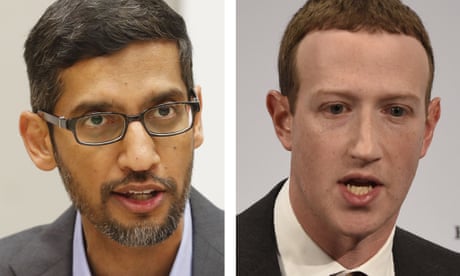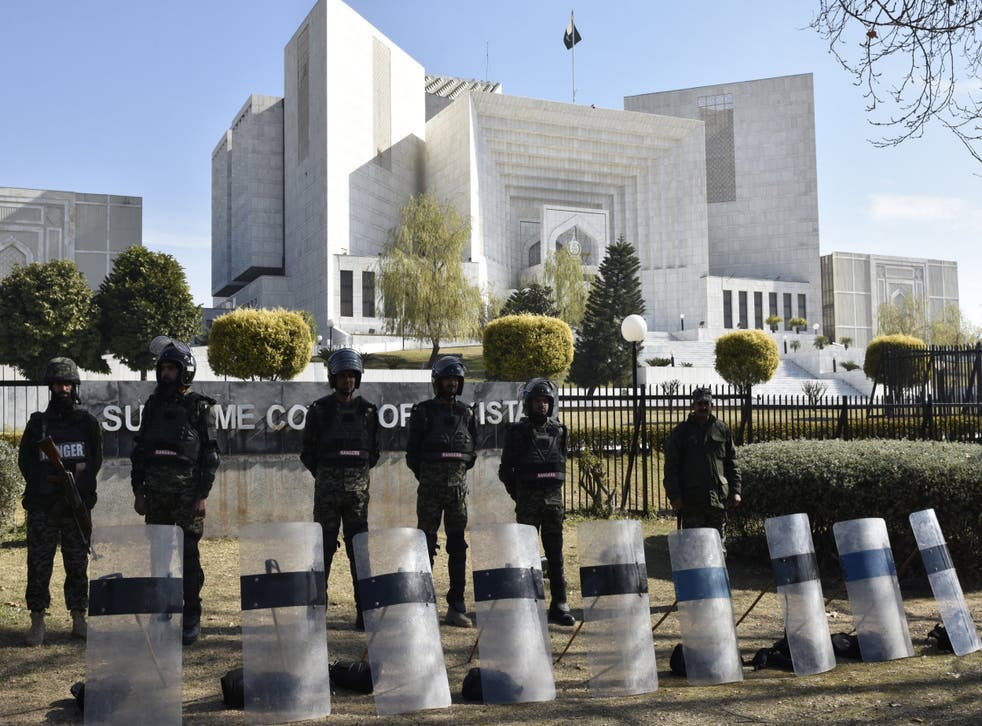Goalkeeper goes viral with stupendous back-flip celebration (VIDEO)

Burkina Faso edged closer to what would be just their second-ever appearance in the Africa Cup of Nations final with a spot-kicks victory against their Gabonese rivals on Sunday thanks in part to the heroics of their goalkeeper, who has managed to hit the headlines not just for his performance in the shootout – but also his celebration afterwards.
Herve Koffi, who turns out for Belgian side Charleroi, had previously saved an effort from Guelor Kanga and was crouched close to the touchline as he awaited what proved to be the game-winning penalty from his teammate Ismahila Ouedraogo.
And when the ball flew into the back of the net securing his team's route to the quarter-finals, Koffi sped away and performed SIX backflips while the rest the Burkina Faso team rushed to congratulate Ouedraogo for his decisive penalty.
Gabon, who were without talisman Pierre-Emerick Aubameyang for the entire tournament, now head home despite not losing a single game in regulation time after emerging undefeated from their group.
Aubameyang, as well as Mario Lemina, were both sent home by the Gabonese FA after they tested positive for Covid. Both were also subject to reports that they were experiencing heart complaints - which has since been denied by Arsenal's Aubameyang.
Burkina Faso, meanwhile, will take on Tunisia in their quarter-final on Saturday as they looked to claim the AFCON crown for the first time in their history.
They finished as runners-up to Nigeria in the 2013 final, while also claiming a respectable third place in 2017 but were disappointed to not qualify for the 2019 event.
But for Koffi and the rest of his teammates, Sunday's win appears to have been very much worth the wait.








/https://static.texastribune.org/media/files/7f8938c56ee39b25331fc02c4b2f1266/King%20Abbott%20Protest%20JV%20TT%2010.jpg)
/https://static.texastribune.org/media/files/2bd65830efc2193b69b97297203327c0/Texas%20Black%20Farmers%20MK%20TT%2007)
/https://static.texastribune.org/media/files/f1c0a55715f4ba626d32e1f44759292b/Texas%20Black%20Farmers%20MK%20TT%2001)
/https://static.texastribune.org/media/files/86605fe0cdc29b0335f80d283cdc314d/Texas%20Black%20Farmers%20MK%20TT%2010)
/https://static.texastribune.org/media/files/5c17c723aee3e8e21f38314530fc739b/Texas%20Black%20Farmers%20MK%20TT%2029.jpg)
/https://static.texastribune.org/media/files/58db129a5fde6c90f601cbf824165af2/Texas%20Black%20Farmers%20MK%20TT%2009)

